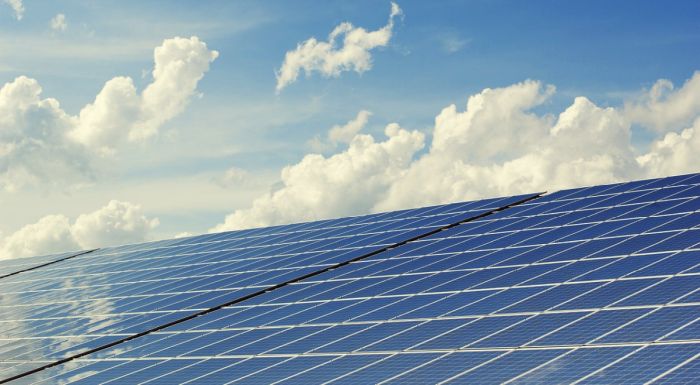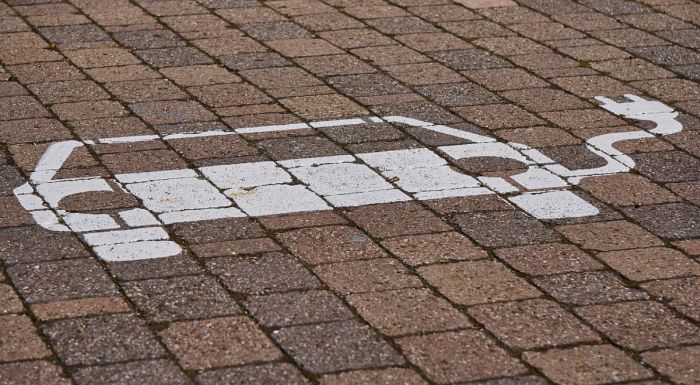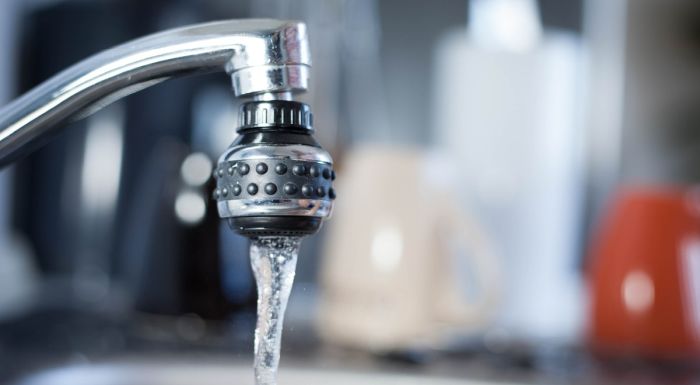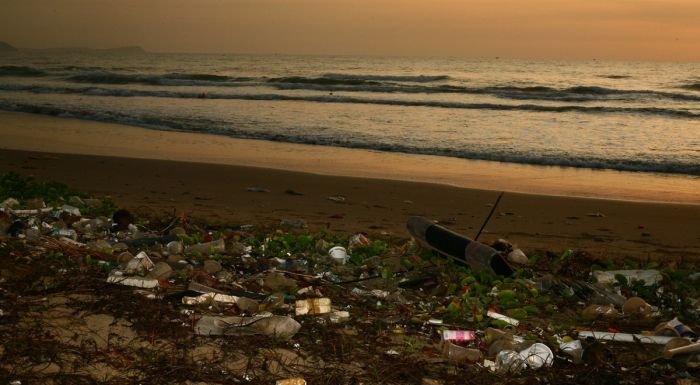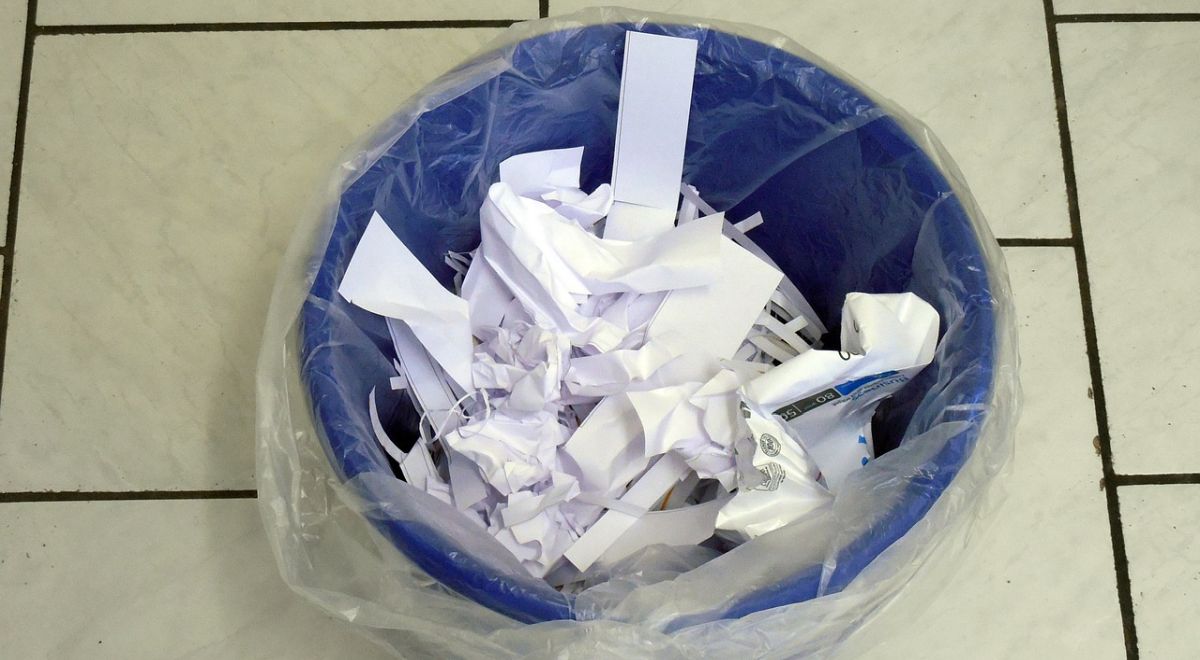
The truth about recycling: common myths debunked
Recycling is regarded as one of the primary solutions to the planet’s escalating waste problem. As we become more eco-conscious, it’s essential to separate fact from fiction when it comes to recycling practices. Today, we’re debunking some of the most common myths to ensure you’re recycling the right way and for the right reasons.
1. Myth: All Plastics Are Recyclable
Not all plastics are created equal. While many plastic items carry the recycling symbol, it doesn’t guarantee they’re recyclable everywhere. Different authorities accept different types of plastics based on their recycling facilities. Always check your local guidelines to see what can be accepted.
2. Myth: Recycling is More Energy-Intensive Than Making New Products
Recycling usually consumes far less energy than producing from virgin materials. For instance, recycling aluminum saves up to 95% of the energy required to produce new aluminum from bauxite ore.
3. Myth: Recyclables Need to Be Spotlessly Clean
While contaminants can disrupt the recycling process, your recyclables don’t need to be pristine. A quick rinse to remove significant residues is usually enough.
4. Myth: Landfills are Just as Effective as Recycling
Landfills are major contributors to environmental degradation. They produce methane, a potent greenhouse gas. Recycling, on the other hand, reduces the need for raw materials and the energy consumption associated with them.
5. Myth: It Doesn’t Matter if I Mix Different Recyclables
Mixing recyclables can contaminate the whole batch, rendering it non-recyclable. Different materials require different recycling processes. For the most effective recycling, sorting is crucial. As mentioned above, it is always worthwhile to check with your local authority what should and shouldn’t be mixed.
6. Myth: Biodegradable and Compostable Items Can be Recycled
Biodegradable and compostable are terms that refer to organic decomposition. Placing these items in the recycle bin can contaminate the recycling stream. They should be composted or discarded as instructed.
7. Myth: Glass is Endlessly Recyclable
While glass can be recycled repeatedly without loss of quality, not all glass is recyclable. Items like ceramic dishes, oven-proof glass, and light bulbs have different melting points and can contaminate the recycling process.
8. Myth: Recycled Products are Lower Quality
With advancements in technology, many recycled products today are of comparable or even superior quality to those made from original materials.
9. Myth: All Paper is Recyclable
While many paper products are recyclable, some are not. Paper towels, tissues, and waxed paper often can’t be recycled because of their composition or because or the possibility of contamination.
10. Myth: Recycling Alone Can Solve the Waste Problem
While recycling plays a crucial role, it’s just one part of the waste solution. The best approach is a holistic one that emphasizes reducing, reusing, and then recycling – as discussed in our article about zero-waste living.
Why Debunking Recycling Myths Matters
With accurate knowledge, we can make better recycling decisions, ensuring reduced waste and energy consumption. Also, when we understand the true benefits and limitations of recycling, we can advocate for improved systems and technologies. Finally, debunking myths helps us recognize that recycling is one aspect of a broader commitment to sustainability.
Recycling is a powerful tool in our eco-friendly arsenal, but it’s essential to approach it with an informed perspective. By debunking these common myths, we can refine our recycling habits, ensuring that our efforts are as effective and impactful as possible.

